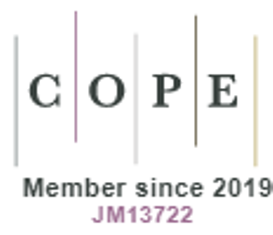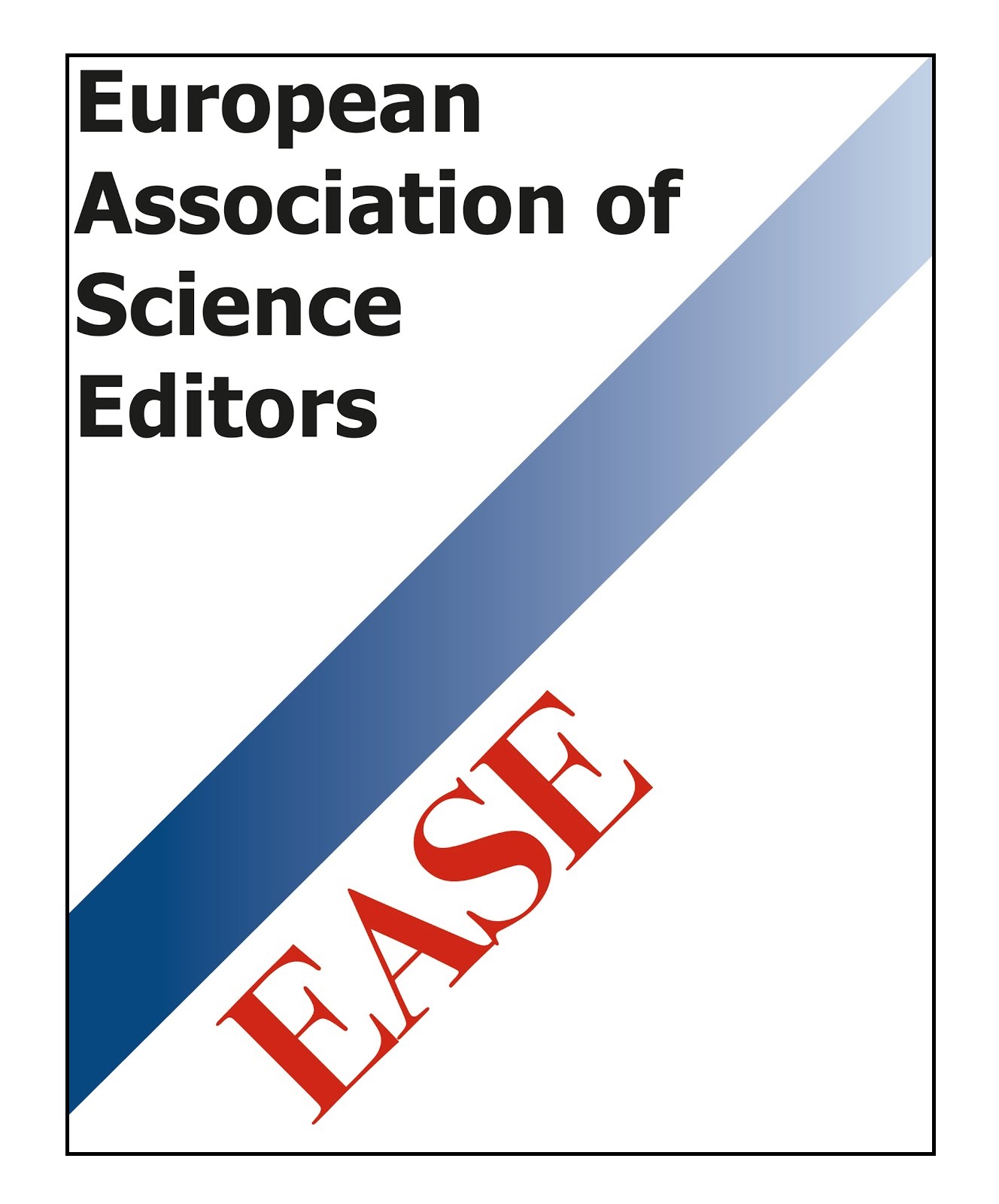Publication Ethics
Authorship and Contributorship
The COPE discussion document that link is given below on "what constitutes authorship?" is important to all the researchers. The purpose of this document is to make sure that researchers who really contributed to the work remain on the list of the authors. Rest may be acknowledged as being contributors. Read here to avoid any confusion about the authorship.
Link: https://publicationethics.org/files/u7141/Authorship_DiscussionDocument_0_0.pdf
Responsibility of the Author(s)
Chitkara University Publications and its Journal editorial team take very serious note of plagiarism, citation manipulation, and data fabrication. In case of plagiarism, we follow the zero-tolerance policy in the core work of the author’s manuscript and it includes the abstract, hypothesis, data points/observations, result, and/or its interpretations, summary, or conclusion. Similarity checks beyond the 10% attracted to the author(s) a strict decision by the Chitkara University Publications and its Journal’s committee, which can be, in specific cases lifelong ban and withdraw of benefits if any to the author (s) and it's home institute/university or society for publication in the same.
Responsibility of the Reviewer (s)
The "Journal of Nuclear Physics, Material Sciences, Radiation and Applications” (J. Nucl. Phy. Mat. Sci. Rad. A.) is a single-blind, peer-reviewed journal where the editor (s) mediate with the reviewer (s) and author. The reviewer (s) are subject experts assigned by the editor to judge the quality, importance, and scientific contribution of the submitted research article.
The reviewing process should be complete within the defined time limit without any biasing, it is a professional responsibility of the researcher. If review is not possible within the given time frame you can ask the editor for an extension of time.
Your expert comments are supposed to be submitted through the online process. Please check all required documents (text material, figures, rough data, etc.) which you need to give your feedback. If anything is missing please ask the editor only.
Please read more about the reviewers' responsibilities by downloading the ethical guidelines. (https://publicationethics.org/resources/guidelines-new/cope-ethical-guidelines-peer-reviewers)
Responsibility of the Editor (s)
The editor of the journal is supposed to interact actively with the editorial board members and authors frequently. Take the help from editorial board members, add extra members if required. Make it very clear that editorial board members have to review a fixed minimum number of papers per year, wherever is required.
The standard of the journal and quality of papers are the main tasks of the editor, in addition, to make it approachable to the target audience.
The editor of the journal has to focus on many fronts, these are;
1. The authors' submission process and papers, that journal publish quality papers.
2. Clear instructions for the authors at paper submission time.
3. The clear peer-review process, reviewers, and publication policy.
4. Misconduct and dealing with complaints, etc.
For more details please download all the guidelines and editor's related responsibilities (https://publicationethics.org/resources/guidelines-new/short-guide-ethical-editing-new-editors)
Complaints System
Complaints can be submitted directly to email at chitkarauniversitypublications@chitkara.edu.in. The points at which one individual faced the problem should be specific and clear. It should be with valid email, phone number, and permanent office/house addresses.
Fictitious complaints via email/latter without a proper proof(s) and contact details will be rejected without any investigation. If the complaint fulfills the above-said requirements then it will be sent to an editor, chief editor, and directors for further investigation(s) by the editorial office. The complainant will get primary information within two weeks after filing the complaint is considered by the editorial office. An investigation team assigned by the director(s) will observe the facts and proof provided by the complainant. The decision will be notified to the concern within seven weeks by the team members.
If not agree with the decision, a complainant can appeal again with the same reference number, directly to the director(s).
Removal of author(s) name after publication
If corresponding author request to remove one of the co-author name or co-author request to remove one of the authors' name, in both the cases one have to submit appropriate reason(s) in the editorial office. The request letter should be forwarded by the concerned Institute/University of the applicant, who requests for author’s name removal.
In this case, the Chitkara University Publications will follow the publication ethics guidelines and procedure as given in the flow chart https://publicationethics.org/files/Authorship%20D.pdf.
Addition of author(s) name after the review process
No name(s) will be added to the author list if the paper is reviewed and accepted for the publications. The corresponding author will provide each author's contribution to the paper at the submission time at the end of the paper.
The corresponding author makes sure that all the authors' list, their affiliations, and emails are provided either in the main research manuscript or in a separate document.
Conflicts of Interests:
A researcher always tries to bring the truth of hidden science and/or development of existed research to his/her readers through theoretical and experimental data. In this process, the researcher may be a single person (independent) to perform the research and/or in a group associated with the Institution (s).
When a researcher submits his/her manuscript to the journal as a corresponding author it is very important that the author declares competing interest (financial and non-financial), if there is any. This competing interest may be;
1. Among the authors, [about their individual contributions]
2. Author(s) and institution (s) [improper affiliation (s), not mentioning the financial support, data extraction or machinery support (experimental support), ignorance of grants]
3. Author and reviewer of the journal [reviewer worked with the author or collaborator, the reviewer takes an idea/data from the author paper and publish somewhere before the author's paper, ]
4. Author, and editor (s) of the journal [editor(s) of the journal are lab collaborators, from the same institution, the author has served in the editorial board of the joural].
Before paper submission, the corresponding author makes sure about any type of conflict of interest and declare in the paper clearly about the same.
A reviewer who accepts the paper for reviews must check it, to avoid any type of conflicts before and after the publications of the research article. The same is true for the other editorial board members of the journal.
For more details please follow the cases and documents at https://publicationethics.org/competinginterests
NOTE:
We follow the COPE guidelines, for more details you should go through all the points. Click the link here:
https://publicationethics.org/members/journal-nuclear-physics-material-sciences-radiation-and-applications










